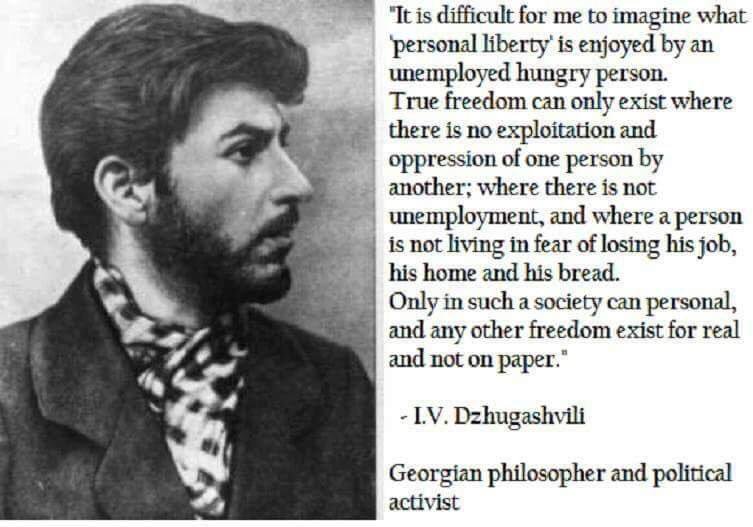What’s riskier for tech that could cause great harm: democratization where nearly anyone can abuse it, or hoarding by a handful of big companies/gov’ts?
Keep Current with Jonathan Zittrain
This Thread may be Removed Anytime!
Twitter may remove this content at anytime, convert it as a PDF, save and print for later use!

1) Follow Thread Reader App on Twitter so you can easily mention us!
2) Go to a Twitter thread (series of Tweets by the same owner) and mention us with a keyword "unroll"
@threadreaderapp unroll
You can practice here first or read more on our help page!
